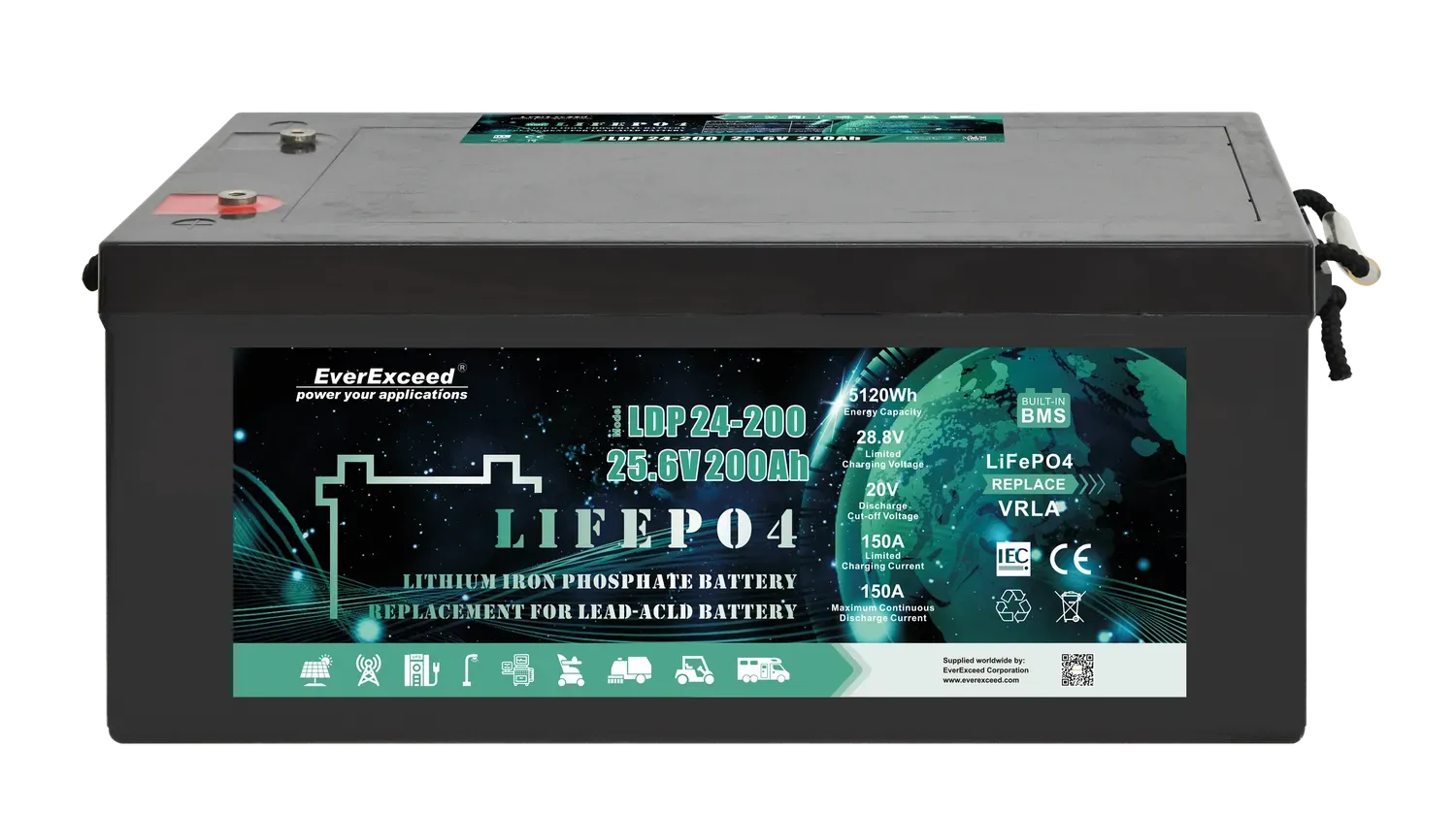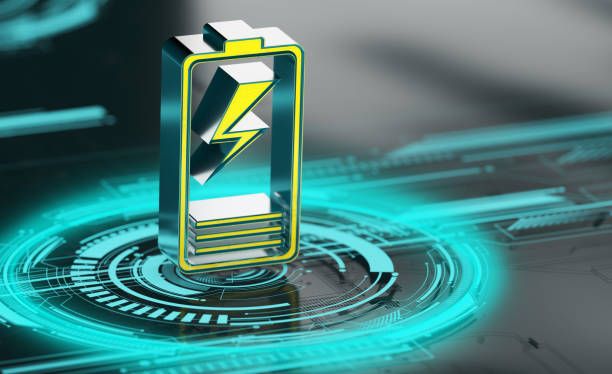
Get a Quote
What Is the Proper Way to Charge Lithium-Ion Batteries?
Lithium-ion batteries have become ubiquitous in our everyday lives, powering everything from smartphones and laptops to electric vehicles and renewable energy storage systems. Understanding the proper way to charge lithium-ion batteries is essential for maximizing their lifespan and ensuring safety. In this comprehensive guide, we will explore lithium-ion battery charging tips, best practices, and common misconceptions.
Why Proper Charging Matters
Extending Battery Life
One of the main reasons to understand the proper way to charge lithium-ion batteries is to extend their lifespan. Unlike older battery technologies, lithium-ion batteries have specific requirements to maintain their health. Improper charging can lead to diminished capacity and even permanent damage.
Ensuring Safety
Safety is another critical consideration. Lithium-ion batteries can be hazardous if not charged correctly, potentially leading to overheating, fires, or explosions. Following proper charging protocols minimizes these risks.
Key Principles of Lithium-Ion Battery Charging
Avoid Deep Discharges
Lithium-ion batteries should not be frequently discharged to their minimum voltage. Deep discharges put additional stress on the battery, reducing its overall lifespan. Instead, aim to keep the battery level between 20% and 80% whenever possible.
Use the Right Charger
Using a charger specifically designed for your lithium-ion battery is crucial. Mismatched chargers can lead to incorrect voltage or current, potentially damaging the battery. Always use the manufacturer's recommended charger for optimal performance and safety.
Charge at Moderate Temperatures
Temperature plays a significant role in lithium-ion battery health. Charging at extreme temperatures—either too hot or too cold—can negatively impact battery performance and longevity. Ideally, charge your batteries at room temperature, around 20-25°C (68-77°F).
Lithium-Ion Battery Charging Tips
Frequent, Partial Charging
Frequent, partial charging is one of the best practices for lithium-ion batteries. Unlike older battery types, lithium-ion batteries do not suffer from memory effect, so there's no need to fully discharge them before recharging. Partial charging keeps the battery within the optimal range and reduces stress.
Avoid Overnight Charging
While it’s convenient to leave devices charging overnight, it’s not always the best practice. Extended charging beyond 100% can cause slight overcharging, leading to battery degradation over time. Modern devices usually have protection mechanisms, but it's still a good habit to unplug once fully charged.
Utilize Battery Management Systems
Many modern devices come with built-in Battery Management Systems (BMS) that monitor and control the charging process. These systems help prevent overcharging, overheating, and other potential issues. Ensure that your device has a reliable BMS to enhance battery safety and performance.
Common Misconceptions About Lithium-Ion Battery Charging
Fast Charging Is Always Bad
Fast charging can be convenient and is not inherently harmful if managed properly. Many devices are designed to handle fast charging safely. However, frequent use of fast charging can generate more heat, which can degrade the battery over time. Use fast charging sparingly and rely on regular charging when possible.
Fully Draining the Battery Is Necessary
As mentioned earlier, fully draining a lithium-ion battery before recharging is not necessary and can actually be harmful. Keeping the battery within the 20-80% range is optimal for longevity.
All Chargers Are the Same
Not all chargers are created equal. Using the wrong charger can result in incorrect voltage or current being applied to the battery, which can cause damage. Always use the charger that came with your device or a high-quality replacement recommended by the manufacturer.
Advanced Lithium-Ion Battery Charging Techniques
Implementing Adaptive Charging
Adaptive charging technologies are becoming more common in modern devices. These systems learn your charging habits and adjust the charging speed to optimize battery health. For instance, if you regularly charge your phone overnight, adaptive charging will slow down the process to reach 100% just before you wake up, reducing time spent at full charge.
Using External Battery Packs Wisely
External battery packs are a great way to extend the battery life of your devices on the go. However, it's essential to use high-quality battery packs with proper voltage and current regulation. Cheap, unregulated battery packs can harm your lithium-ion batteries.
Monitoring Battery Health
Keeping an eye on your battery's health can help you adjust your charging habits to prolong its life. Many devices offer battery health monitoring features that provide insights into battery performance and suggest optimal charging practices.
Future of Lithium-Ion Battery Charging
Wireless Charging
Wireless charging technology has advanced significantly, offering convenience and ease of use. However, it typically generates more heat than wired charging, which can affect battery health. As wireless charging technology improves, it may become more efficient and better for battery longevity.
Smart Charging Solutions
The future of lithium-ion battery charging lies in smart charging solutions. These systems integrate advanced algorithms and sensors to optimize the charging process in real-time, considering factors like temperature, battery age, and usage patterns. Smart chargers will further enhance battery life and safety.
Conclusion
Understanding the proper way to charge lithium-ion batteries is essential for maximizing their lifespan and ensuring safety. Following these lithium-ion battery charging tips—avoiding deep discharges, using the correct charger, and charging at moderate temperatures—will help maintain your battery's performance and longevity.
For high-quality lithium-ion batteries and solar energy storage solutions, EverExceed is a top choice. EverExceed offers innovative products with advanced battery management systems and adaptive charging technologies, ensuring optimal performance and safety. Whether for personal, industrial, or solar energy storage needs, EverExceed provides reliable and efficient solutions. Explore EverExceed today for the best in energy storage technology.


